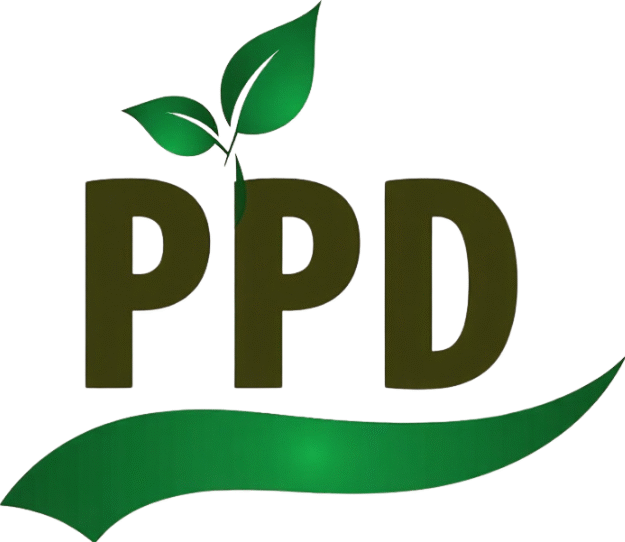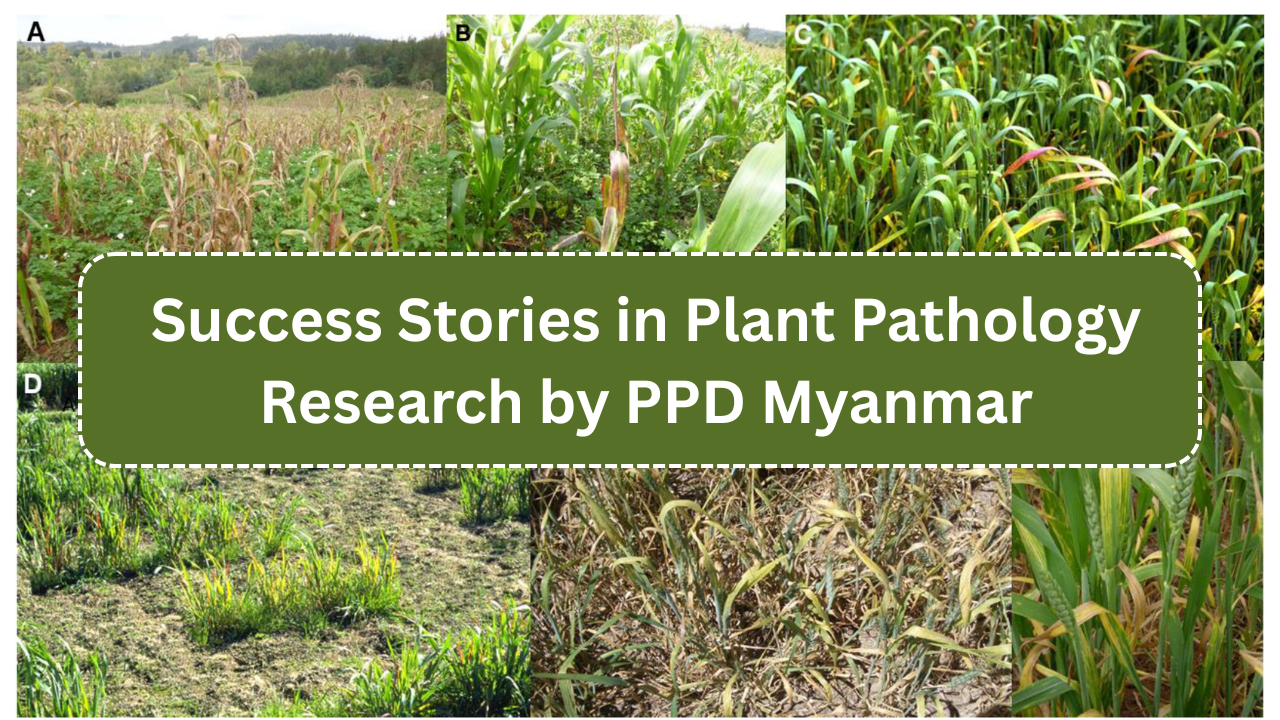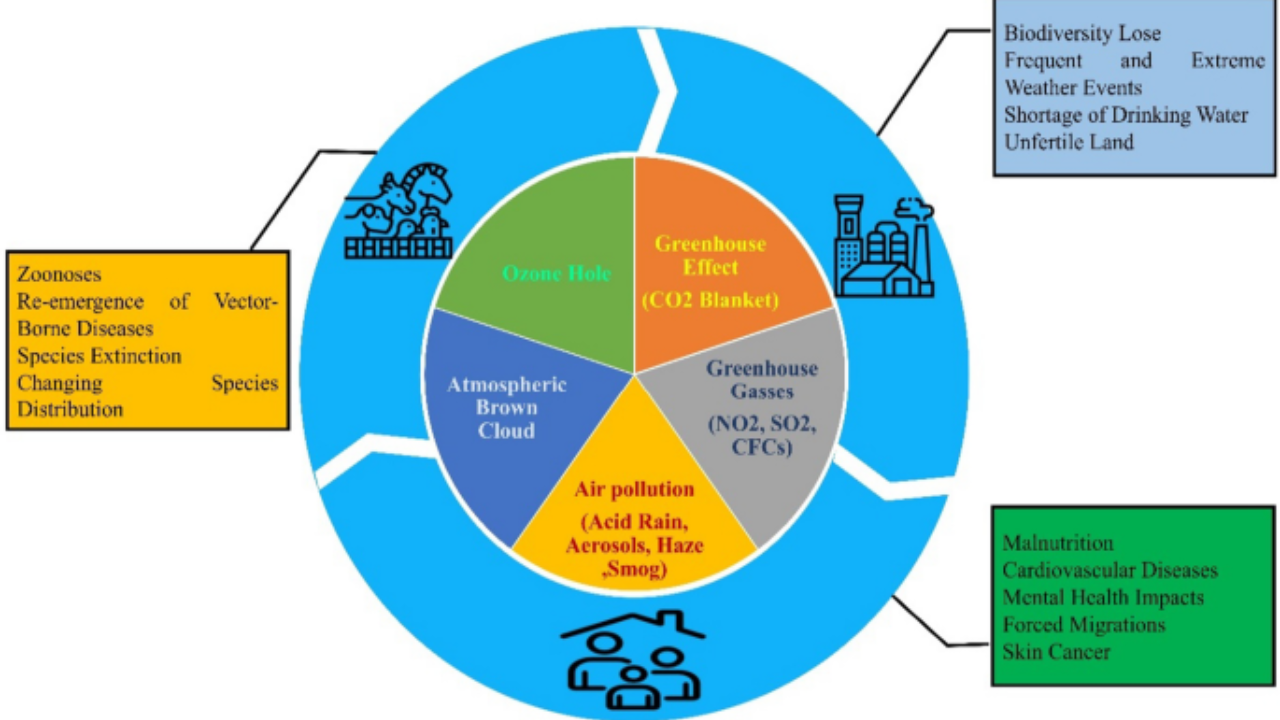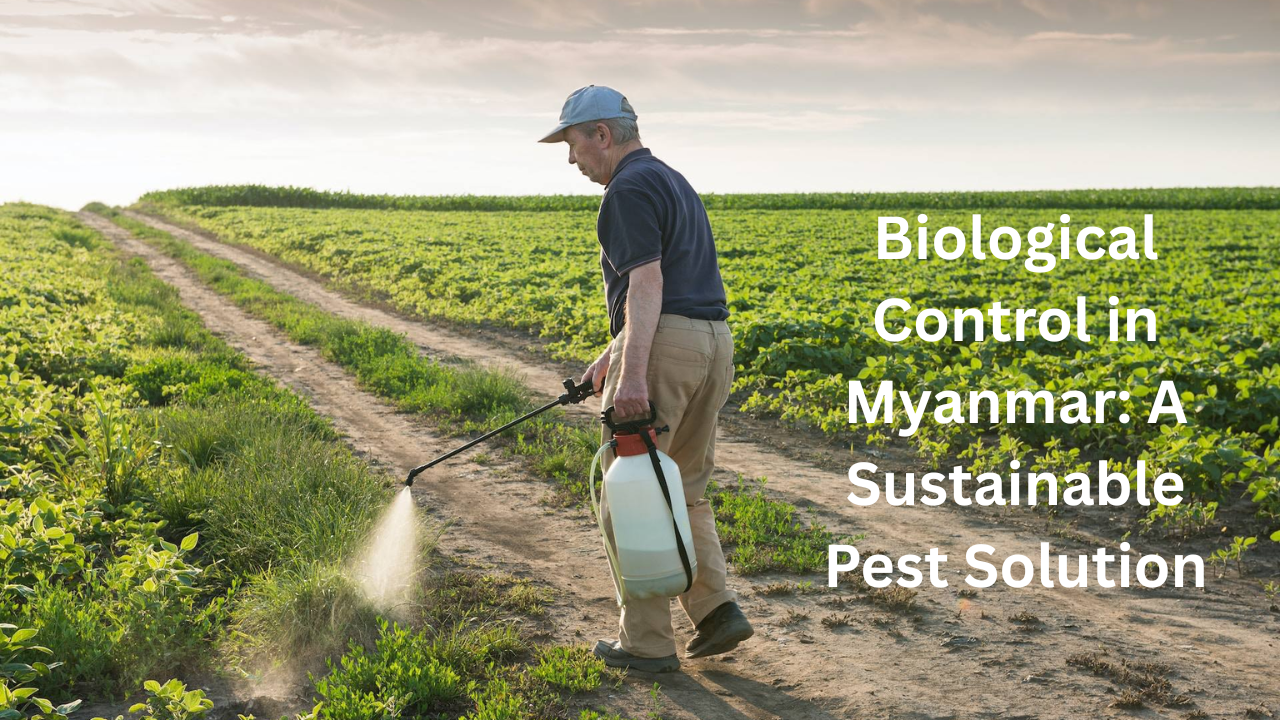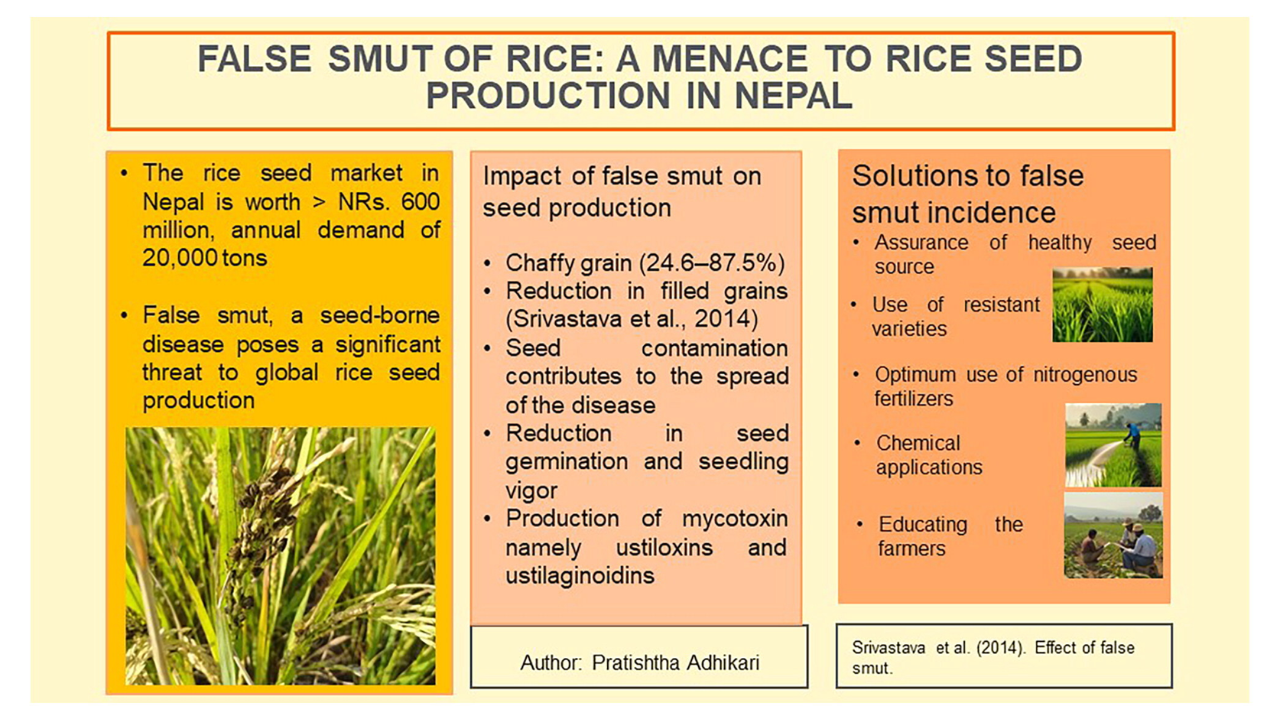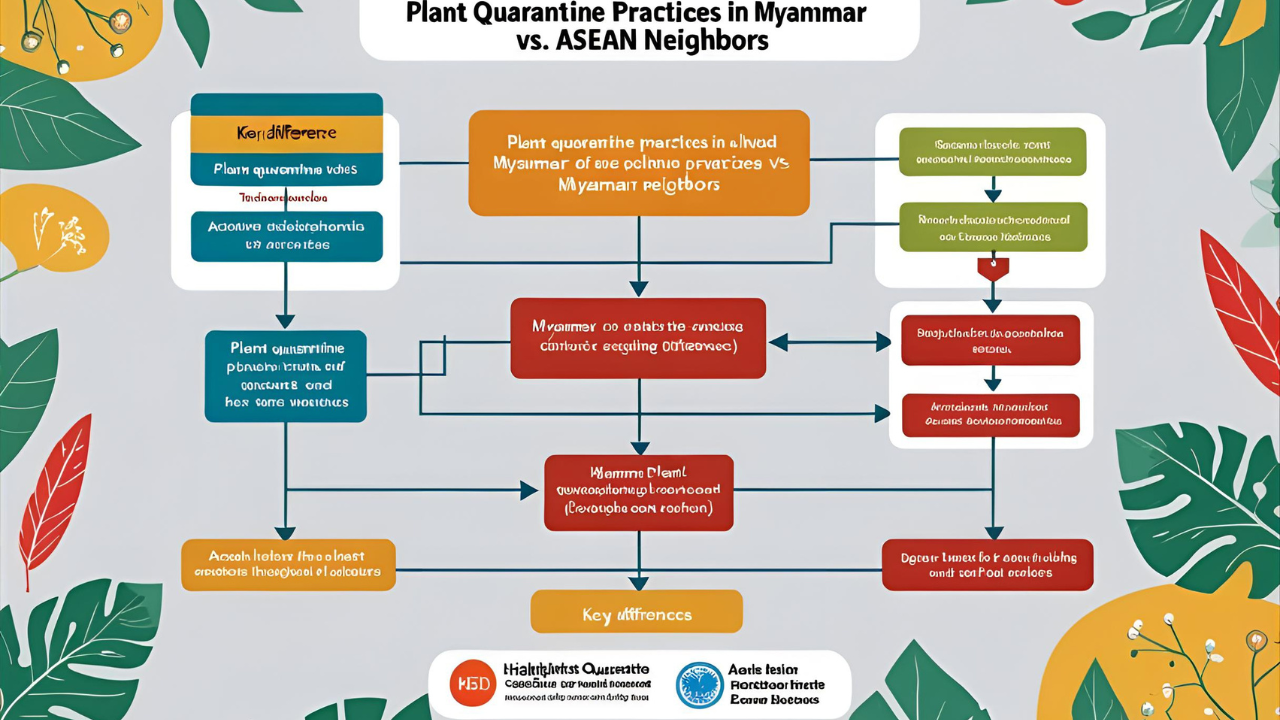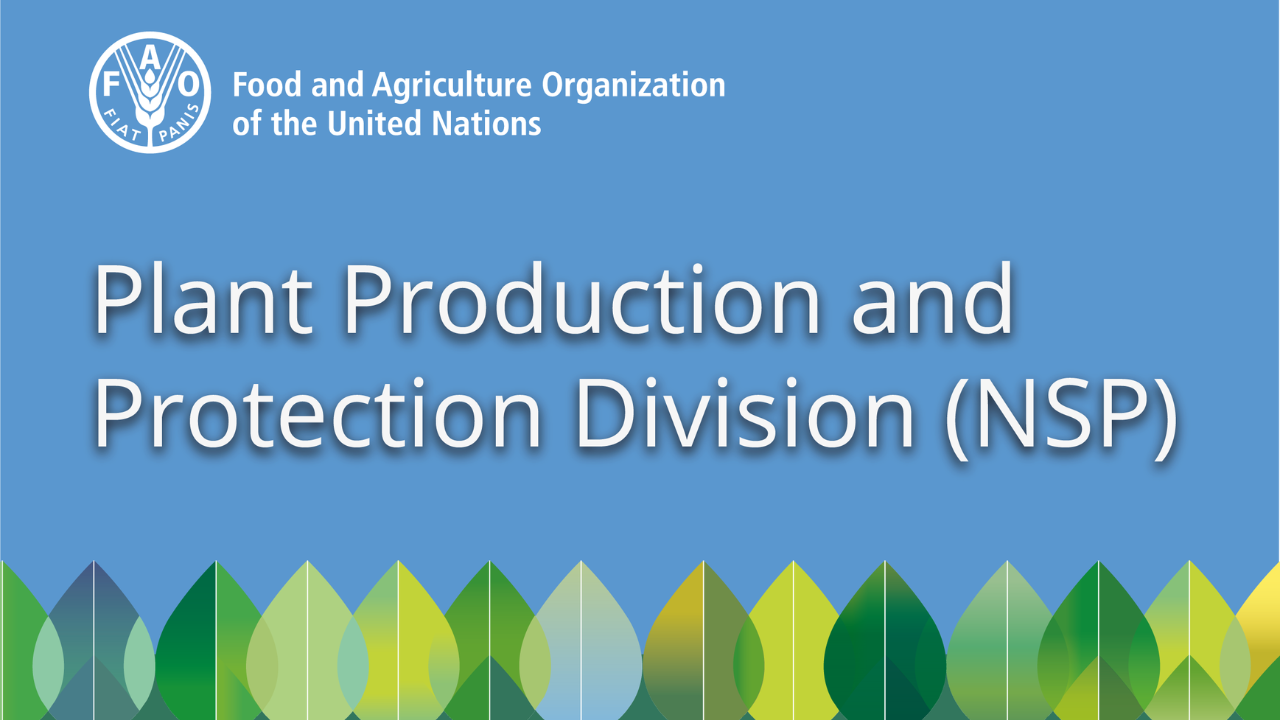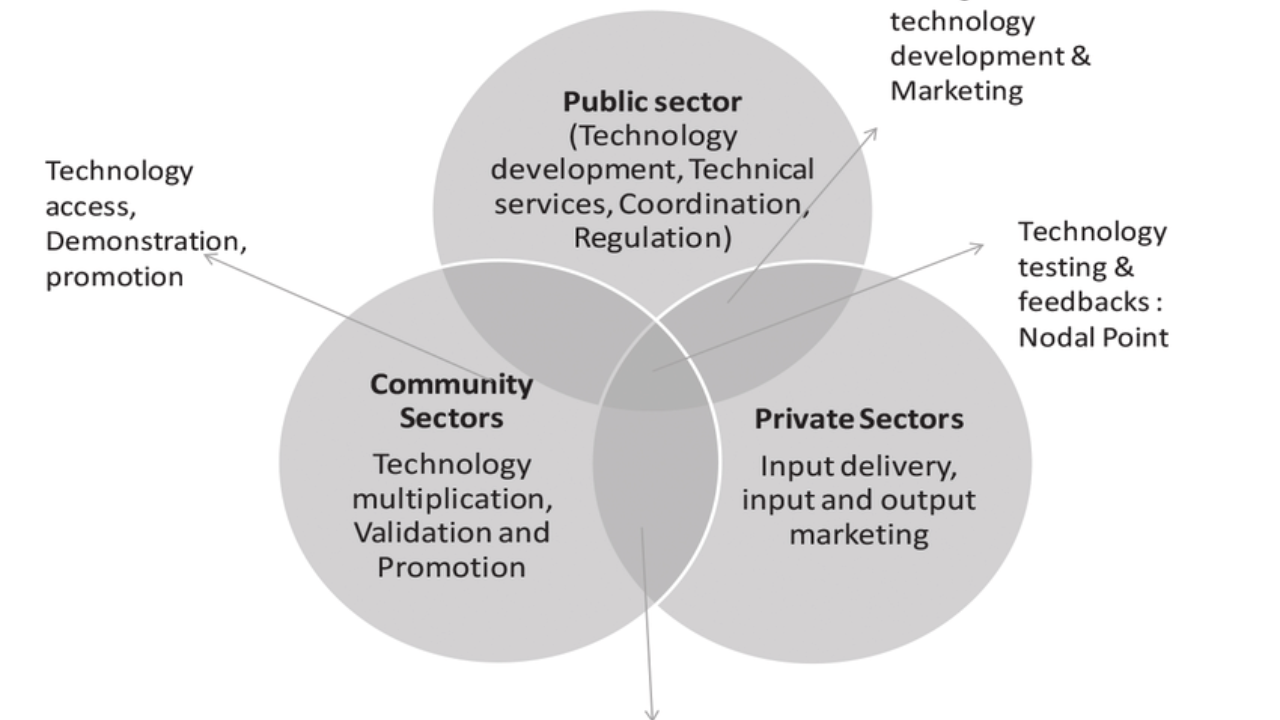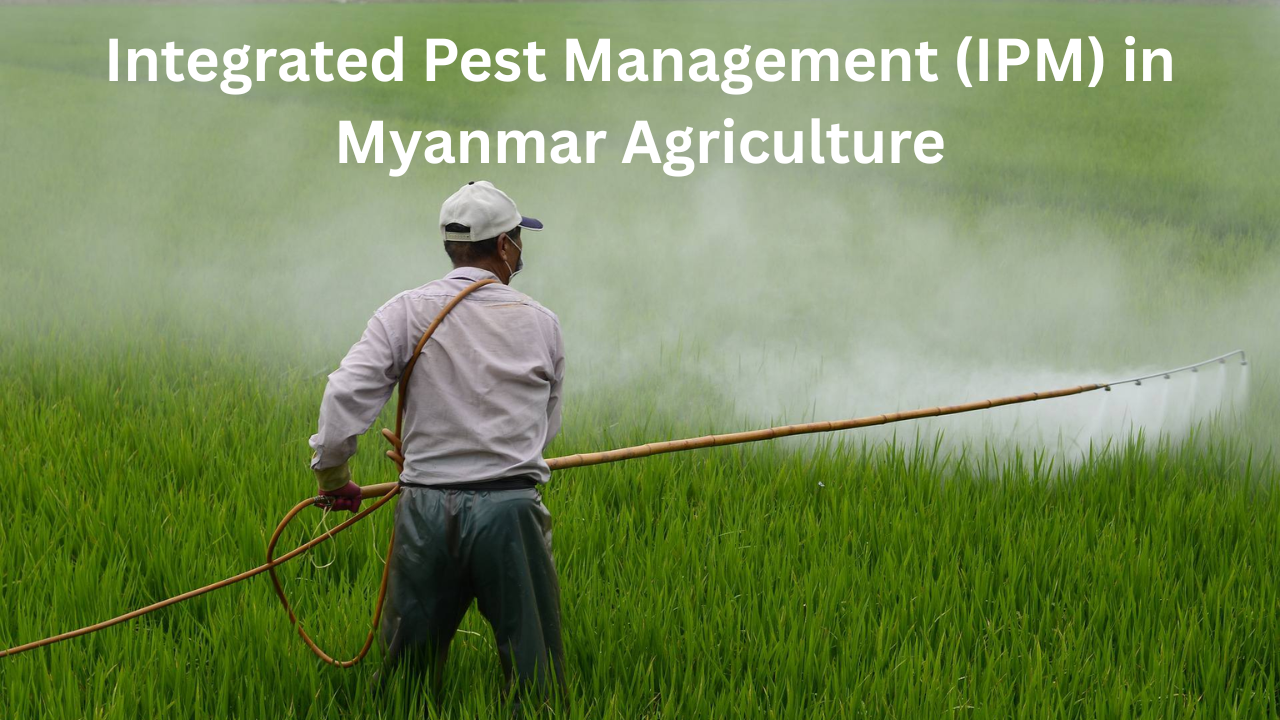Success Stories in Plant Pathology Research by PPD Myanmar
In the fight to protect Myanmar’s crops from devastating diseases, the Plant Protection Division (PPD) under the Ministry of Agriculture, Livestock and Irrigation (MOALI) has emerged as a critical force. Armed with scientific research, field diagnostics, and farmer-focused interventions, PPD’s plant pathology unit has not only managed disease outbreaks but has also elevated Myanmar’s agricultural … Read more
